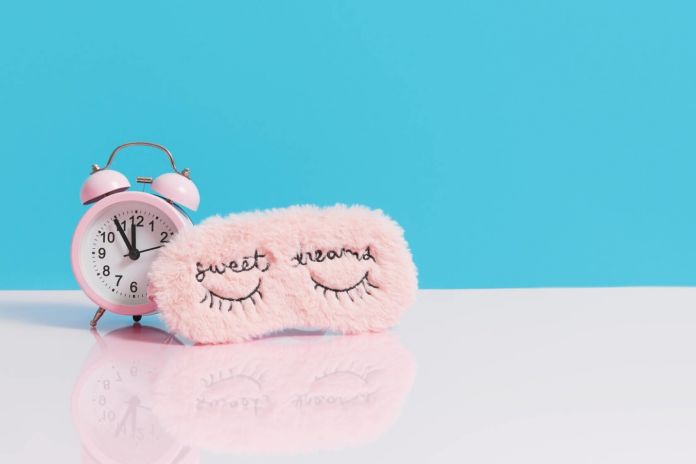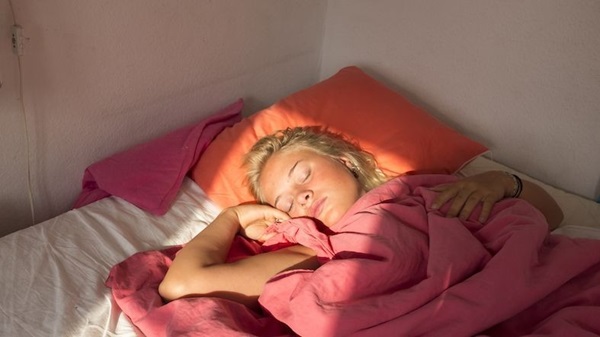Better sleep is the most important, sleep is a fundamental aspect of health and well-being, similarly many people struggle with achieving quality rest and deep sleep. Besides this achieving better sleep often involves adopting healthy sleep habits, creating a conducive sleep environment, managing stress and anxiety, and addressing any underlying sleep disorders or medical conditions affecting sleep quality. Moreover, if you are struggling with better sleep at night then this article is for you, however, this article addresses different aspects of sleep preparation, environment, and habits that can positively impact your ability to fall asleep, stay asleep, and wake up feeling refreshed.
12 tips to sleep better at night
Similarly, here are the 12 tips for better sleep at night,
Benefits of Better Sleep at Night
Similar in above we have talked about the 15 tips dor a better night, now we will discuss on how it is beneficial,
Physical Health Benefits
- Immune Function: Quality sleep supports immune function, that helps the body fight off infections and illnesses more effectively.
- Improved Heart Health: Proper sleep is linked to lower blood pressure and reduced risk of cardiovascular diseases like heart attack and stroke.
- Better Weight Management: However, poor sleep is associated with imbalances in hunger hormones (ghrelin and leptin), which can lead to increased appetite and weight gain. Good sleep habits support healthy weight management.
- Increased Energy Levels: Quality sleep may help to restore energy levels, allowing you to feel more alert, focused, and productive during the day.
- Enhanced Physical Performance: Athletes and active individuals benefit from improved muscle recovery, coordination, and stamina with adequate restorative sleep.
Mental and Emotional Benefits
- Improved Mood Regulation: Sleep plays a vital role in regulating emotions and mood. Good sleep hygiene reduces the risk of mood disorders such as depression and anxiety.
- Enhanced Cognitive Function: Quality sleep supports cognitive processes like memory consolidation, learning, problem-solving, and decision-making.
- Reduced Stress Levels: Adequate sleep helps to lower cortisol levels (the stress hormone), promoting relaxation and resilience to stressors.
- Better Mental Health: Chronic sleep deprivation is also linked to increased risk of mental health disorders. Prioritizing good sleep hygiene contributes to overall mental well-being.
Social and Behavioral Benefits
- Improved Relationships: Quality sleep enhances emotional stability and communication skills, creates healthier relationships with family, friends, and colleagues.
- Better Stress Management: With improved sleep quality, people became better equipped to handle daily stressors and challenges effectively.
- Enhanced Safety Awareness: Reduced sleepiness and improved alertness due to quality sleep reduce the risk of accidents, both at home and in professional settings.
Long-term Health Benefits
- Reduced Risk of Chronic Diseases: Good sleep habits are likely associated with a lower risk of chronic conditions such as diabetes, obesity, and certain cancers.
- Longevity: Quality sleep is linked to increased longevity and overall life satisfaction.
Practical Benefits
- Increased Productivity: Restorative sleep improves concentration, creativity, and problem-solving abilities, leading to greater productivity at work and in daily tasks.
- Better Quality of Life: Good sleep hygiene contributes to a higher quality of life, allowing individuals to enjoy daily activities and maintain a balanced lifestyle.




